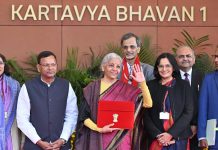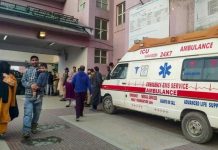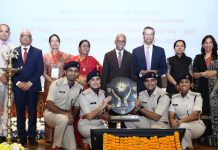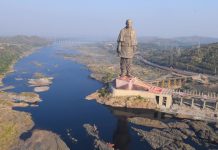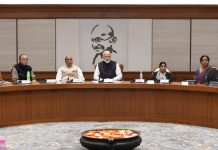Despite the ECI’s commitment to stick to the Supreme Court’s September 30 deadline for holding elections in J&K, the sudden rise in militant attacks in the Jammu region may force the central government to reassess the situation before making a decision on holding polls, writes Riyaz Wani
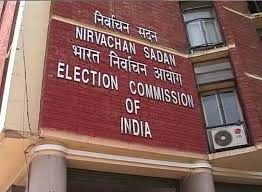
The surge in militant attacks in Jammu and Kashmir has cast a shadow over the feasibility of holding assembly elections in the Union Territory. Despite the Election Commission of India’s (ECI) commitment to adhere to the Supreme Court’s September 30 deadline, the escalating violence is reportedly forcing a reevaluation of the situation. This is despite the fact that J&K has witnessed all elections since 1989 under the shadow of gun, with much worse violence.
The spate of attacks, particularly in Jammu division, has intensified concerns. According to the Union Home Ministry, there have been 26 militancy-related incidents reported in Jammu and Kashmir in 2024, with 10 occurring in the Jammu division alone. These attacks have resulted in the deaths of nine security personnel and caused injuries to 20 others, while 28 militants have been killed.
As the region grapples with the heightened threat, the Union government and security agencies are working to ensure a secure environment. However, the looming question remains: will Jammu and Kashmir be able to conduct its assembly elections as mandated by the Supreme Court, or will the security situation necessitate a delay? The coming weeks will be critical in determining the path forward for the Union Territory’s democratic process.
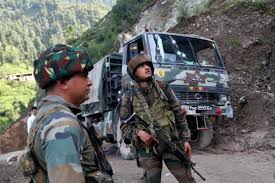
On the surface, however, the union territory seems to be on track to hold the polls later this year. This was indicated by the PM also in his speech during his recent Yoga Day visit to Srinagar.
“The time isn’t far away when, through your votes, you will be able to elect your own government in J&K,” the PM had said in Srinagar on June 20. “The day will come very soon when J&K will become a state again for its bright future.”
Since then, Union Home Minister Amit Shah, and the BJP president, J P Nadda, have held their separate Kashmir meetings, apparently to rally their party for the upcoming polls. While Shah’s meeting was held in New Delhi, Nadda flew to Jammu to meet the senior J&K BJP leaders.
Nadda held separate meetings with the J&K BJP core group, former MLAs, and MLCs in Jammu to strategize for the upcoming Assembly elections in the Union Territory (UT). According to sources, the main focus of these meetings was to review the party’s election strategy, expand its base, and address areas where the BJP’s vote share declined during the 2024 Lok Sabha elections.
The BJP is also considering strategic alliances and support for independent candidates to secure a majority and form the government in the erstwhile state. However, the delay in announcement of the polls by the Election Commission is sowing doubts in the minds of people that the union government may be interested in deferring the exercise yet again. And this time, on specious grounds of the surge in violence. However, regional politicians have expressed hope that Assembly elections will after all be held by the Supreme Court’s September deadline.
“The Supreme Court has mandated that elections be completed by September 30th. Both Prime Minister Modi and the Home Minister have assured timely elections, and the Election Commission is actively preparing. There is no room for doubt,” former J&K Chief Minister Omar Abdullah told the media.
“If the Prime Minister is not ready to bow down to these powers (militant outfits), then elections will be held on time. But if the Prime Minister and Home Minister waver and postpone the elections due to these attacks, it will be very bad for our country. If our central leadership wants to bow down to the powers that be, it will be their decision,” he added.
Similarly, the PDP, the Congress and the other political outfits have sought holding of Assembly elections before September.
“The spike in violence in Jammu is a grave concern, but it must not derail the effort to restore democracy in the union territory. J&K has not held an Assembly election since 2015,” read an editorial in a local daily. “Upholding the schedule for assembly elections, as advocated by Omar Abdullah, is critical to involve people in the decision making. It is a crucial step in affirming that the violence will not dictate the future of the region.”

